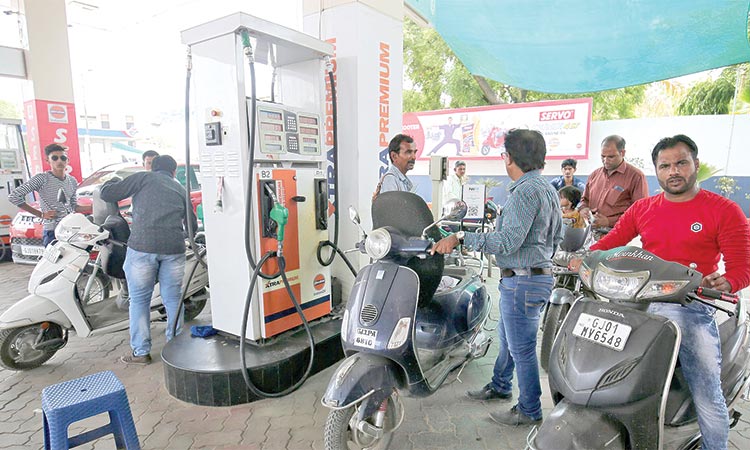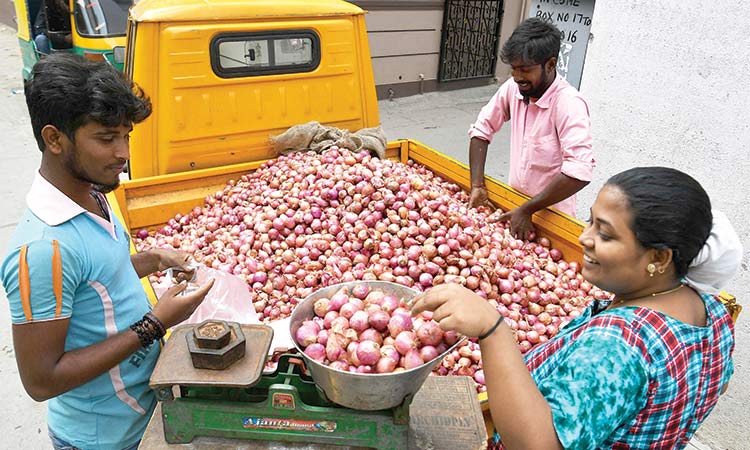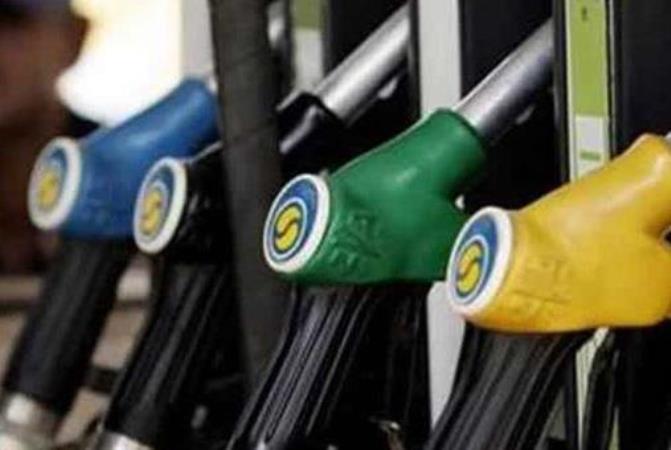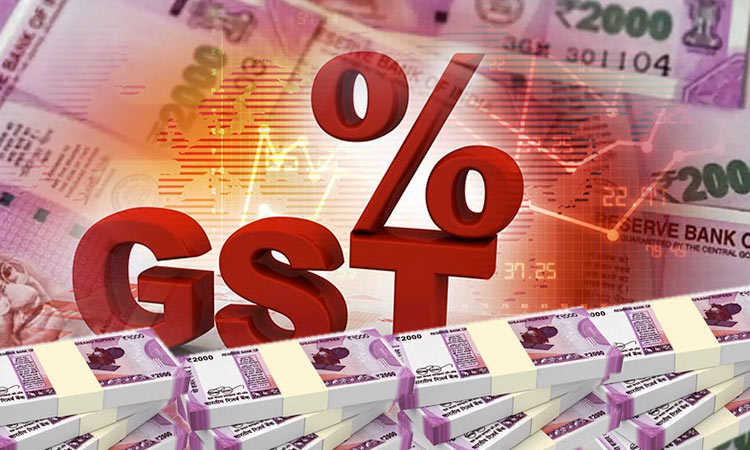India imposes windfall tax on oil producers and fuel exporters

People get their two-wheelers filled with petrol at a fuel station in Ahmedabad, India.
New taxes along with export restrictions will curb fuel exports by refiners Reliance Industries and Nayara Energy, part-owned by Russia’s Rosneft, and could further tighten global oil product supplies and support prices.
Their shares, along with those of oil producers Oil and Natural Gas Corp, Oil India Ltd and Vedanta Ltd tumbled as the taxes will dent their earnings.
Private refiners Reliance and Nayara have been among India’s biggest buyers this year of discounted Russian supplies and have been reaping major profits by reducing domestic sales and aggressively boosting fuel exports, including to buyers in Europe, where many buyers are avoiding imports of Russian crude.
In contrast, state refiners have cranked up runs to meet rising local demand and sell fuels at the government-capped lower prices. Some state refiners have also issued tenders to import fuels.
Reliance shares fell as much as 8.9 per cent to 2,365 rupees apiece, their biggest intra-day percentage drop since November 2020, while Mangalore Refinery and Petrochemicals slumped 10 per cent to Rs81.55.
Those of state rivals Indian Oil Corp, Hindustan Petroleum and Bharat Petroleum rose after the announcement of the export restrictions and taxes of 6 rupees per litre for both gasoline and jet fuel and 13 rupees per litre for gasoil.
“While crude prices have increased sharply in recent months, the prices of diesel and petrol have shown a sharper increase. The refiners export these products at globally prevailing prices, which are very high,” the government said in a statement.
“As exports are becoming highly remunerative, it has been seen that certain refiners are drying out their pumps in the domestic market.”
New restrictions require oil companies exporting gasoline to sell to the domestic market the equivalent of 50% of the amount sold overseas for the fiscal year ending on March 31, 2023.
For diesel, they are required to sell domestic buyers the equivalent of at least 30 per cent of the amount that they export.
Vedanta shares dropped as much as 7.6 per cent to hit their lowest since March 2021 and those of ONGC fell 14.2 per cent, their worst intra-day percentage fall since March 2020.
New export restrictions will not apply to export-focussed units like Reliance’s 704,000 bpd refinery at Jamnagar in western Gujarat and on supplies to Bhutan and Nepal, the government orders said.
Refining profit margins, or cracks, for the 10 ppm gasoil grade jumped to $54.93 per barrel over Dubai crude on Friday, Refinitiv Eikon data showed.
Margins for jet fuel rose $6.72 to $47.22 per barrel over Dubai crude, while gasoline cracks in the region rose to $28.75 a barrel.
“Crude prices have risen sharply in recent months. As a result, the domestic crude producers are making windfall gains,” the government statement said, justifying imposition of a levy of Rs23,250 Indian ($294.04) per tonne on local crude sales.
The new windfall tax will not apply on incremental barrels produced by the companies this fiscal year and to small explorers that produce less than 2 million barrels in the last fiscal year to March 31, 2022.
Meanwhile India has raised its basic import duty on gold to 12.5 per cent from 7.5 per cent, the government said on Friday, as the world’s second biggest consumer of the precious metal tries to dampen demand and bring down the trade deficit.
Local gold prices jumped to an over two-month peak of Rs52,032 per 10 grams on Friday, the highest since April 25.
India meets most of its gold demand through imports. That has put pressure on the rupee, which hit a record low earlier on Friday.
The duty hike should lift prices and moderate demand in India, which could weigh on global prices. But it could stoke under-the-counter buying and drive-up precious metal smuggling into the country, industry sources said.
“The sudden rise in prices could bring down jewellery demand this month,” said Prithviraj Kothari, managing director of RiddiSiddhi Bullions.
After the duty hike, dealers were offering a discount of up to $40 an ounce over official domestic prices - inclusive of the 12.5 per cent import and 3 per cent sales levies. India’s May trade deficit widened to $24.29 billion from $6.53 billion a year ago as gold imports in the month surged to $6 billion from $678 million a year ago.
The increase in import duty on gold aims to reduce gold imports and ease macro-economic pressure on the Indian rupee, said Somasundaram PR, regional chief executive officer of the World Gold Council’s Indian operations.






